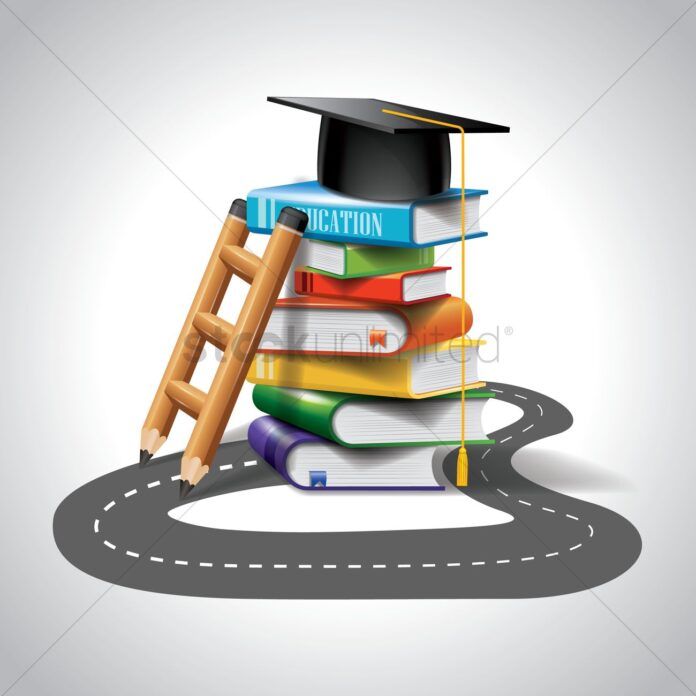Education is an area of study that is centred on methods of teaching and learning in the classroom and other educational institutions, in contrast to various non-formula and informal ways to interact (e.g., rural development programs, and education opportunities that are provided through parent-child relations).
Education is the transmitting of the values and acquired knowledge of a community. In this sense, it’s very similar to the social scientist’s term”enculturation” also known as socialization. Children, no matter if they’re born from New Guinea tribespeople, the Renaissance Florentines, or even the middle class of Manhattan — are born without culture. The goal of education is to guide the development of a specific culture, shaping their behaviour to be more mature and guiding them towards their eventual role in society. In the most primitive of cultures, the vast majority of people don’t have formal education. This includes the majority of what we refer to as school class or teachers. However, in reality, the whole set as well as all activities are thought of as classes and school, as well as many adults, function as the teachers. As societies develop, however, the quantity of information that will be transferred from one generation to the next is more than anyone can be aware of, which is why it is imperative to come up with more efficient and selective methods for the transmission of culture. This is the result of formal schooling – the school and the specialist who is the teacher.
As the world grows more complicated and the schools become more formalized, the education experience is less closely linked to life in general and less focused on teaching and learning in the context of the everyday world. The experience is further dissociated from actual practice, and is more of a process of distilling the knowledge, presenting it, and understanding things within a completely different context. The concentration of education in an academic setting will allow children to gain more knowledge of their background and culture as opposed to simply watching and mimicking. As society is beginning to attach more value to the notion of education, it also attempts to define the overall goals, content, and methods of education. Literature is overflowing with ideas on how to educate the children of today. In short, they create theories and concepts of education.
The article discusses the evolution of education. It examines the development of formal education of knowledge in the form of knowledge and skills beginning in the early days and all the way to until the present and examines the various philosophical theories that have inspired the resulting systems. The other aspects that comprise the field of education are addressed in a variety of articles. To explore the topic of education as a discipline that encompasses educational structure as well as teaching methods as well as the role and education of teachers look up teaching pedagogy and the pedagogy of teaching, and teacher education. For a thorough description of education across areas of specialization, look up historiography and legal education; medical education and science, education, and history. For an overview of the philosophical theories of education such as education, philosophy of. For an analysis of some of the more significant tools for education and the dissemination of knowledge, look up the dictionary, encyclopedia museum; library printing; publishing; and the background of. Certain restrictions regarding the freedom of education are discussed in the debate over censorship. To study student characteristics, look up intelligence humans; learning theories and psychological tests.
Education in primitive and early civilized cultures
Prehistoric and primitive civilizations
The term”education” is a term that could be used to refer to primitive societies, but only in terms of the process of enculturation, which is the basis of the transmission of culture. Primitive, whose culture encompasses the entirety of the universe, is a human with a fairly stable belief in continuity and timelessness. The model of life is quite static and indefinite. It is transmitted across generations with minimal deviation. When it comes to prehistoric education it’s only derived from the ways of teaching that were practised by the remaining primitive civilizations.


